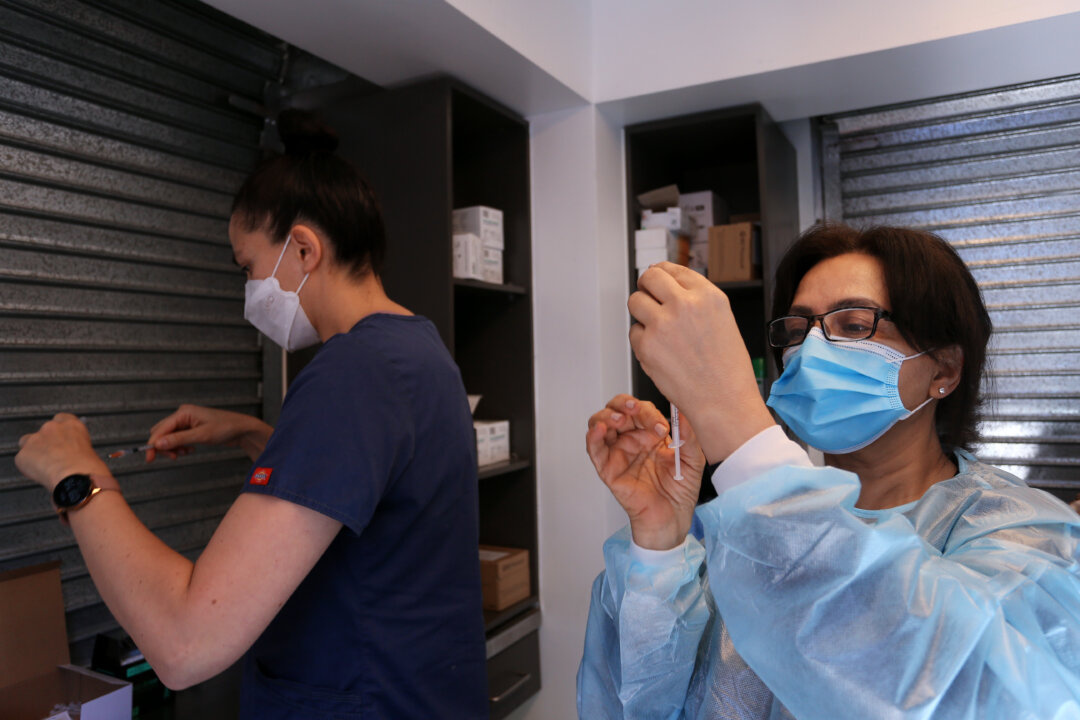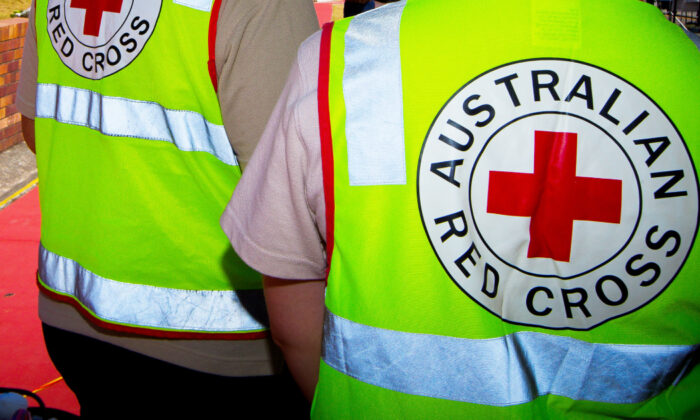The House of Commons has unanimously voted in support of a motion to list Iran’s Revolutionary Guard Corps (IRGC) as a terrorist organization.
The action, similar to one taken in 2018, increases the pressure on Prime Minister Justin Trudeau to take a hard line against the IRGC.
The motion put forward by Conservative MP Garnett Genuis came from a House justice committee report that MPs voted 327–0 to accept May 8.
“Parliament just voted UNANIMOUSLY to list the IRGC as a terrorist organization and shut down their operations in Canada,” Mr. Genuis said in a social media post.
“Hypocritical Liberals vote to do it, and then refuse to do it. Let’s see if this time is different.”
Although the vote was unanimous—meaning all Liberal MPs supported the motion—it is not binding and serves as a suggestion that the government take action.
In fact, this week’s vote echoes a similar move by the Liberals when they supported a Tory motion in the House of Commons in 2018 to designate the IRGC as a terrorist entity, but then failed to do so.
The Epoch Times contacted the prime minister’s office for comment on the motion and the government’s next steps but didn’t immediately hear back.
The federal Conservatives under Pierre Poilievre have repeatedly called for the Liberal government to ban the IRGC from Canada, which Mr. Poilievre has called the “most sophisticated, well-financed terror group on planet Earth.” But it’s a move that Mr. Trudeau has been reluctant to take, despite mounting pressure since Iran launched an airstrike on Israel last month.
Opposition parties are not alone in calling on the government to act. Families of the victims of Flight PS752 have been petitioning the government to list the IRGC as a terrorist entity for the past four years. PS752 was shot down by the IRGC on Jan. 8, 2020, not long after the plane took off from Tehran. All 176 people onboard, including 55 Canadian citizens and 30 permanent residents, were killed.
Mr. Trudeau remained non-committal during a PS752 commemoration ceremony in Richmond Hill, Ontario, earlier this year.
“We will continue our work, including continuing to look for ways to responsibly list the IRGC as a terrorist organization,” he told the families in attendance at the Jan. 8 ceremony.
Steps Against IRGC
The United States, which declared the IRGC a terrorist group in 2019 under then-president Donald Trump, has repeatedly called on Canada to do the same.
A bipartisan group of U.S. lawmakers wrote a letter to the Liberal government last December, asking Ottawa to designate the Iranian paramilitary group as a terrorist organization.
The letter said the Oct. 7 Hamas terrorist attack against Israel, which killed approximately 1,200 people, including seven Canadian citizens, was “made possible by Iran and the IRGC.”
Defence Minister Bill Blair responded by saying the federal government is “absolutely committed” to keeping people with ties to the group out of Canada.
Mr. Trudeau has acknowledged that Iran was involved in the Hamas terrorist attack against Israel but, when pressed by reporters during a press conference in November, would not commit to labelling the IRGC as terrorists.
“We continue every day to look at more ways to continue to hold this terrible regime [to account] that has as its first victims its own citizens, but also is involved in terrorist attacks, including the Oct. 7 terrorist attack against Israel,” Mr. Trudeau said.
He added that Canada would “continue to do everything necessary both to hold that regime to account to limit its impact around the world and to protect Canadians.”
Some of the government’s failure to take a firm stance against the IRGC has been linked to concerns that a terrorist designation would vilify innocent people.
Former Justice Minister David Lametti said in 2022 that using the Criminal Code against Iran would be too much of a “blunt instrument” because military service is mandatory in the country. He said labelling the IRGC a terrorist organization could potentially “punish innocent people or those against the regime.”
Rather than declare the IRGC a terrorist organization, Ottawa instead took steps to prevent senior members of the Iranian regime from entering Canada. Implemented on Nov. 14, 2022, the ban applies to those who have “perpetrated crimes against the people of Iran and other nations.” The ban covers heads of state, cabinet members, ambassadors, senior diplomats, military officials, and judges from Iran.
When pressed to go further than the current ban, the Liberals have said it’s up to national security agencies to decide whether Canada deems a branch of Iran’s military to be a terrorist group.
The statement was made despite the federal government in February 2021 adding the Proud Boys along with 12 other entities to the list of terrorist organizations. The move followed a vote by MPs a month prior to declare the group as such.
Former Canadian Security Intelligence Service (CSIS) analyst Jessica Davis also refuted the government’s statement. She told The Canadian Press it is cabinet that decides which groups are put on the terror list, and is merely advised by security agencies such as the CSIS and the RCMP.
According to Section 83.05 of the Criminal Code, a group can be labelled as terrorist if there are “reasonable grounds” to believe it has “knowingly carried out, attempted to carry out, participated in or facilitated a terrorist activity.”
Designation as a terrorist entity can also be implemented if there is evidence the group has “knowingly acted on behalf of, at the direction of or in association with, an entity involved in a terrorist activity.”
The Canadian Press contributed to this report.














 English (US) ·
English (US) ·  Turkish (TR) ·
Turkish (TR) ·